AI code generation, the intersection of Artificial Intelligence (AI) and programming, has been revolutionizing the world of software development. It refers to the process where AI systems are trained to write code, thereby automating the process of programming. Until recently, this might have seemed like science fiction, but today it’s a reality that is rapidly evolving and shaping the future of software development.
The concept is built upon machine learning algorithms that train on vast datasets of codes. These algorithms learn the common patterns, practices, and conventions in coding and can generate new code based on their learning. Modern code generation tools are based on large language models (LLMs), built on top of the transformer architecture, which are able to generate human-like code, comments, and documentation.
AI code generation is not just about automating processes—it is also about enhancing the quality of human-written code, assisting developers in real-time, and making coding accessible to non-technical individuals.
While humans have been writing codes for decades, the idea of AI code generation brings a new dimension to the table. It’s about amplifying human capabilities, reducing the time spent on repetitive coding tasks, and allowing developers to focus on more complex and innovative aspects of software development.
This is part of a series of articles about AI tools for developers.
The Significance and Role of AI for Code Generation
Improving Code Quality
One of the most significant roles AI plays in code generation is improving code quality. By learning from millions of lines of code, AI systems can adopt best practices and avoid common errors. At least in theory, they can generate clean, efficient, and high-quality code, reducing the possibility of bugs and errors.
However, in reality AI code generation systems based on large, unvetted datasets can learn from the mistakes of the code they trained on, and generate code with quality or security issues—which is why their output must be reviewed by humans.
Real-time Coding Assistance
Another significant role of AI in code generation is providing real-time coding assistance. This is particularly beneficial for novice programmers who are still learning the ropes. AI can provide suggestions, correct syntax errors, and even generate code snippets in real time.
Even experienced developers can benefit from this real-time assistance. Coding is often about solving complex problems and AI can provide insights and solutions that might not be immediately apparent.
Learn more in our detailed guide to AI code assistant tools
Learning and Skill Development
AI code generation is also about supporting learning and skill development. By observing the code generated by AI, developers can learn new techniques, understand different code structures, and learn better coding practices. AI coding assistants based on LLMs can also write natural language text explaining new code, or describing the issues found in existing code.
Increasing Accessibility
The power of AI code generation lies in its ability to make coding accessible to a wider audience. Not everyone has the time or resources to learn complex programming languages. AI bridges this gap by enabling non-technical individuals to generate code. By giving simple instructions to the AI system, one can generate the required code without having extensive knowledge about programming. This democratizes the process of software development, enabling more people to bring their creative ideas to life.
6 Notable AI Code Generation Tools
Now that we have an understanding of the different types of AI code generation, let’s look at some of the top tools currently available in the market.
1. Replit GhostWriter

Replit GhostWriter is an AI-powered code generation tool that is gaining popularity among developers. It generates code by predicting what a developer might want to write next. This prediction is based on the context of the existing code and the patterns identified from millions of public code repositories. GhostWriter not only predicts the next line of code, but can also complete entire functions.
Replit GhostWriter is a versatile tool, supporting multiple programming languages, including Python, JavaScript, and Java. Additionally, it is integrated into the Replit browser-based IDE, making it accessible for any user with a Replit account.
2. GitHub Copilot
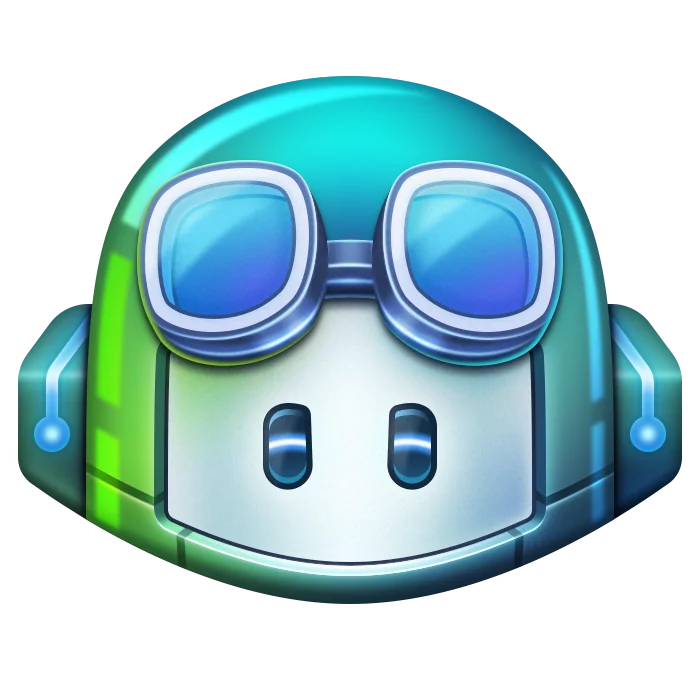
GitHub Copilot is an AI-powered code assistant developed by GitHub in collaboration with OpenAI. GitHub Copilot is designed to help developers write better code faster. It suggests lines or blocks of code as you type, saving time and effort.
GitHub Copilot is built on a new AI system, Codex, which has been trained on a range of public code repositories. This means it can understand a wide variety of coding styles and patterns. And it’s not just limited to suggesting code—GitHub Copilot can also generate new code based on natural language prompts.
One of the main advantages of GitHub Copilot is its seamless integration with GitHub and Visual Studio Code (VS Code). This makes it easy to use and allows for a smooth coding experience. Moreover, it supports a wide array of programming languages.
3. Tabnine

Tabnine is an AI code completion tool that uses machine learning to predict and suggest the next chunk of code a developer might need. With Tabnine, you can write code faster and with fewer errors.
Like GitHub Copilot, Tabnine is based on OpenAI’s GPT model. It was trained on a carefully vetted dataset of open source libraries that are suitable for enterprise use, and this ensures its code is more secure and higher quality than that of other coding assistants. Moreover, Tabnine can work with any programming language.
Tabnine integrates with multiple code editors, including Visual Studio Code and IntelliJ, allowing developers to use it within their preferred coding environment.
4. Cody
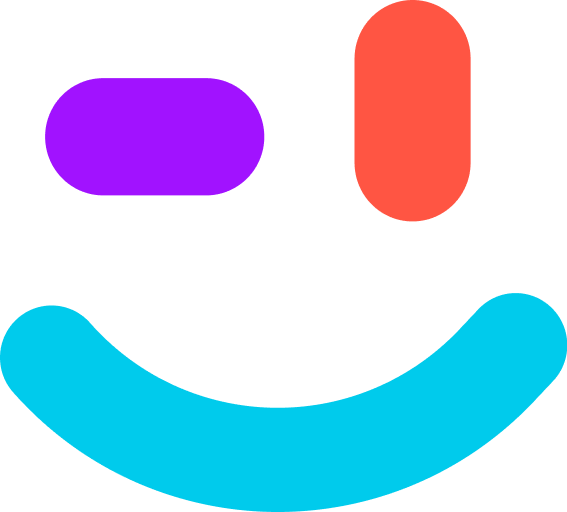
Cody is yet another AI code generation tool. What sets Cody apart is its ability to understand the intent behind the code. This deep understanding allows it to generate code that is not only functional but also efficient and in line with best coding practices.
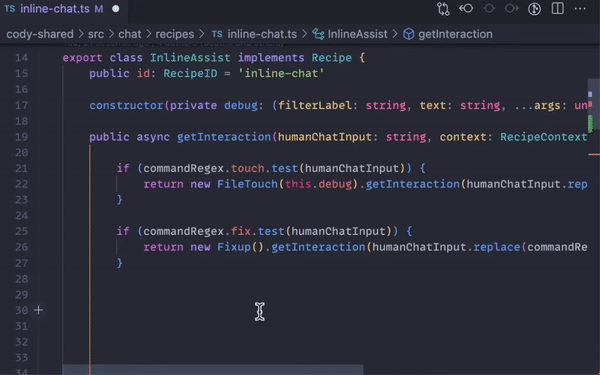
A key feature of Cody is its ability to learn from previous code and improve over time. This allows the tool to learn from its mistakes and generate better code with each iteration.
Cody is designed to integrate seamlessly with existing software development workflows, allowing developers to receive AI assistance without disrupting their workflows.
5. Debuild

Debuild is another AI code generation tool that is designed to help developers build applications faster and more efficiently. It allows developers to describe an app, and uses AI to understand its required design and functionality. It then uses this understanding to generate code in various programming languages.
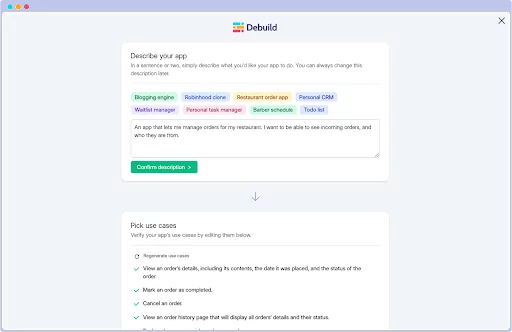
By using Debuild, developers can focus on the higher-level aspects of software development, such as architecture and design, while leaving the tedious task of coding to AI.
6. AI2SQL
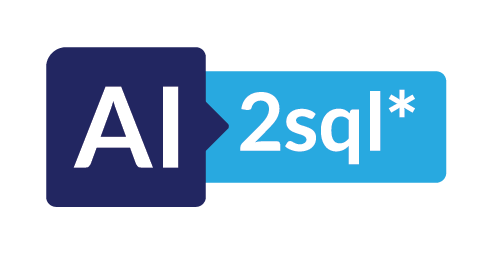
AI2SQL is intended for developers who work with SQL databases. It uses AI to generate SQL queries, eliminating the need for manual coding. Based on a natural language request, it generates efficient and error-free SQL queries.
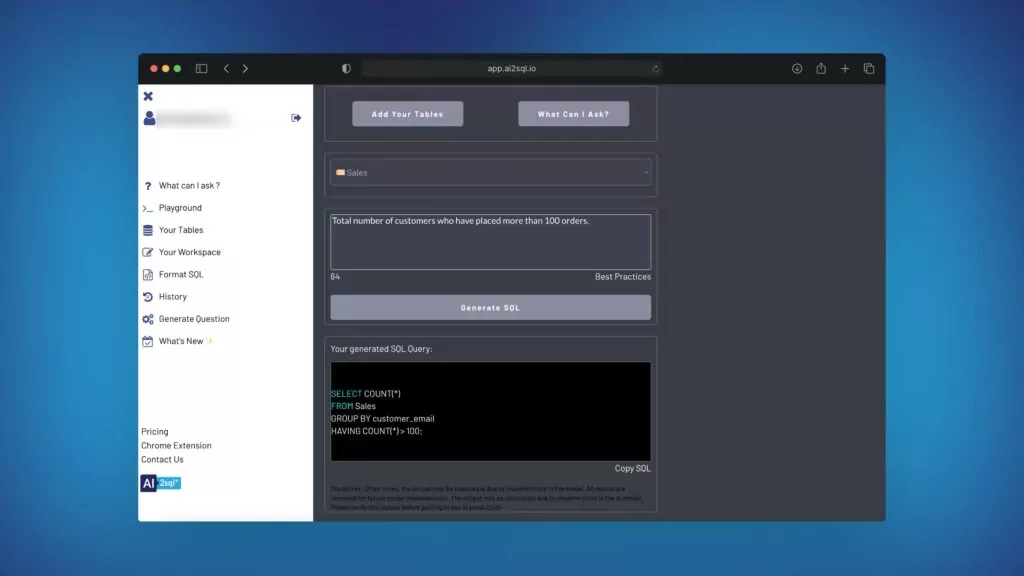
AI2SQL requires minimal user input, making it effortless to use. In addition, the SQL queries generated by the tool are optimized for performance, ensuring that they run as efficiently as possible.
Auto-Generating Code Documentation with Swimm
AI code generation is changing the way code is written. It’s not just about automation; it’s about enhancing code quality, providing real-time assistance, promoting learning, and increasing accessibility to coding.
In this AI-powered future of coding, innovative solutions like Swimm focus on auto-generating code documentation. Such tools are integral to maintaining code quality and facilitating knowledge sharing within development teams. They ensure that documentation stays up-to-date, aiding developers in onboarding and improving the overall team productivity.
AI code generation is not just a trend but a fundamental shift in the way we develop software. It empowers developers, makes coding more accessible, and holds great promise for the future of software development.